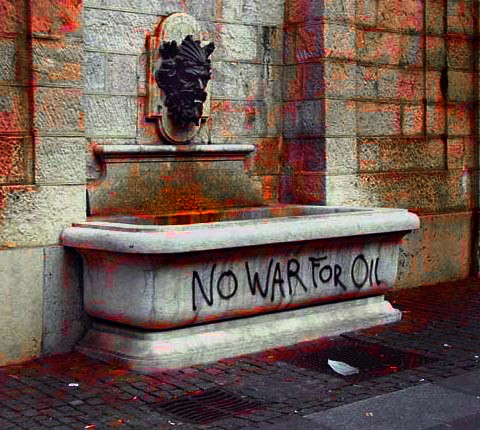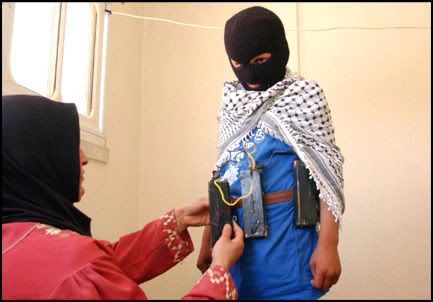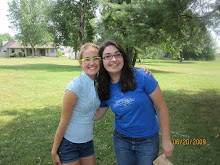
“The oil resources (of the Middle East) constitute a stupendous source of strategic power, one of the greatest material prizes in world history.”
-US State department memo August 1945
If since 1860 the United States of America has been the leading consumer of petroleum and today uses 25 percent of the world’s resources, how can we as a country not believe that there was a bit of motive and desire for oil control when we went to war in the Middle East? Our dependence on oil is vast and we no longer produce what we consume much like we did in the 1950’s and 1960’s. According to the US Department of Energy, by 2025 the United States will import 70 percent of its oil from other countries. Even from the time of World War Two and FDR the Middle East has been an interest for oil, so how can we be so ignorant to believe that it is not an interest today?
Part Two offers an fascinating piece of information, the United States has been allies with Saudi Arabia because of a contract made by FDR, despite the fact that they have no inkling of democracy and we attack countries for their lack of democracy. Furthermore we have over looked the lack of religious freedom and a lack of rights for the Saudi people, the very reasons we moved into Iraq, just so that we can have rights to Saudi oil. But when President Bush Sr. found that the public did not agree with sending troops to the Iraq/Iran war he stopped talking about Hussein’s thirst for oil and switched to Hussein’s desire for nuclear weapons. And because of this Congress agreed to send troops for operation “Desert Storm.”
Before Carter, the Presidents masked their motives on why they were supporting Saudi Arabia, but Carter himself said that Saudi Arabian Oil was a matter of national security and anyone who would attack Saudi Arabia would deal with the United States.
Even our enemies see and believe that the Untied States is after Middle Eastern Oil, “The biggest reason for our enemies’ control over our lands is to steal our oil, so give everything you can to stop the greatest theft of oil in history… for that will be the death of them.”
Oil was at the root for his hatred and his war against the United States, so why is it difficult to believe that it is at the root for our Middle Eastern conquests, when we have depleted most of our oil sources. 1/3 of our oil went to Europe during the Second World War, and now we are in desperate need to fuel our addiction. It is difficult for me to believe that a new source of energy was not on the agenda when we went into war in Iraq, when President Bush was working on the energy crisis the country was facing at the time of his inauguration.
If we genuinely wanted to help Iraqis from a terrible leader, one we put into the seat of power, why do we treat all of its neighboring countries’ people like scum and pay bounty to countries to sell us their people to pretend that we are capturing the terrorists?



